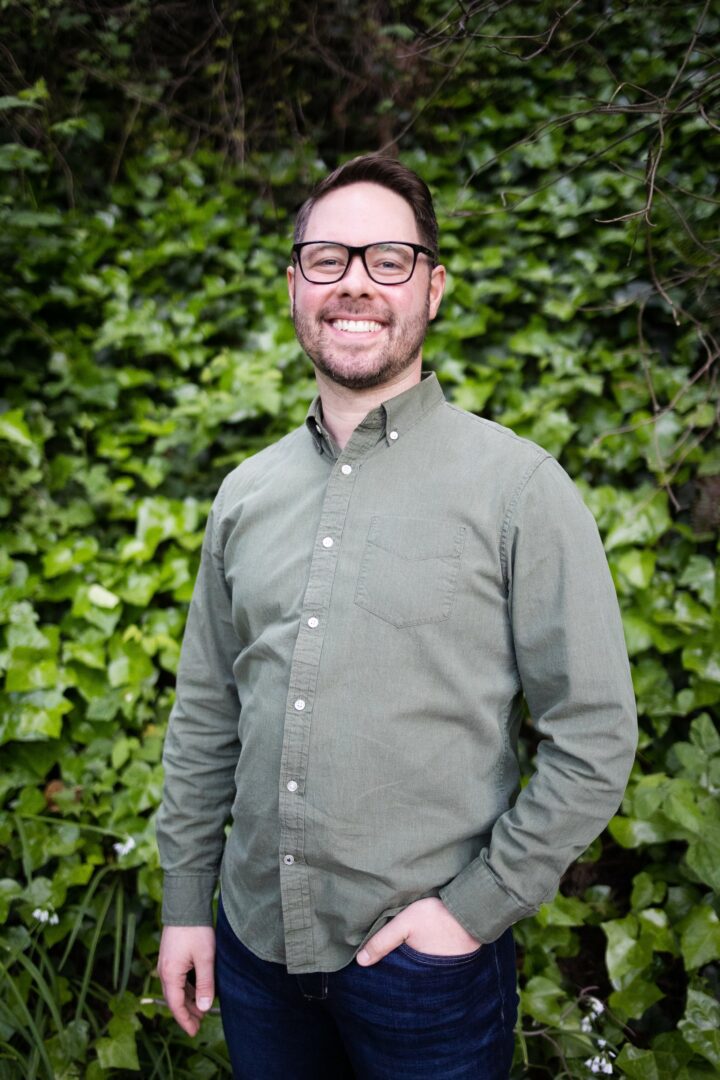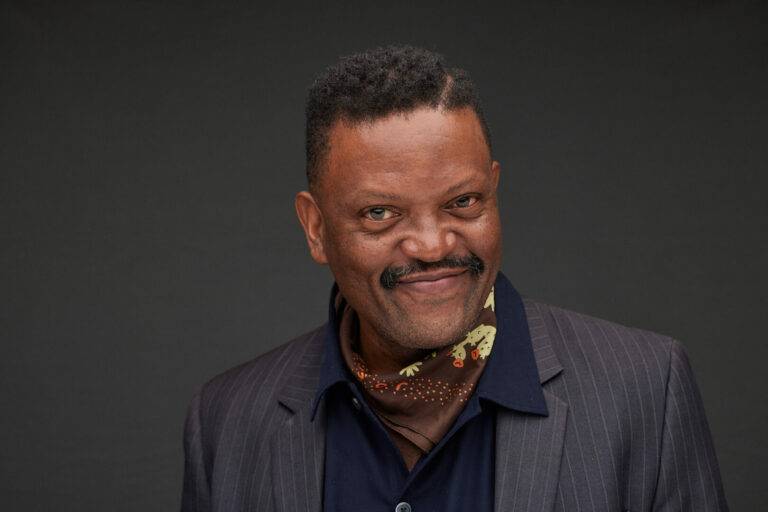We recently connected with Dave Collins and have shared our conversation below.
Dave, thanks so much for taking the time to share your insights and lessons with us today. We’re particularly interested in hearing about how you became such a resilient person. Where do you get your resilience from?
The name of my business, Oak & Reeds, is inspired by Aesop’s Fable, “The Oak and the Reeds.” In the story, a mighty oak tree boasts about its strength, towering over a group of seemingly weak reeds. But when a storm hits, the oak is uprooted while the flexible reeds bend with the wind and survive. The moral of the story—that resilience comes from flexibility, not brute strength—deeply resonates with me and forms the core of what we teach at Oak & Reeds.
Resilience, both personally and professionally, is not about how powerful or unyielding you are. It’s about adapting and bending when faced with challenges. I’ve learned that resilience comes from being open to change, understanding that setbacks are inevitable, and focusing on how you respond. In business, as in life, things rarely go according to plan. At Oak & Reeds, we help individuals and teams build this type of resilience through practical strategies like adaptive communication, emotional intelligence, and flexibility in the face of uncertainty.
Our approach is all about preparing people to weather the storms that come their way, to bend but not break. Whether it’s through our workshops or leadership programs, we focus on building that inner strength and adaptability that allows people to bounce back even stronger after adversity. Ultimately, resilience is about learning to thrive through change, just like the reeds in the fable.
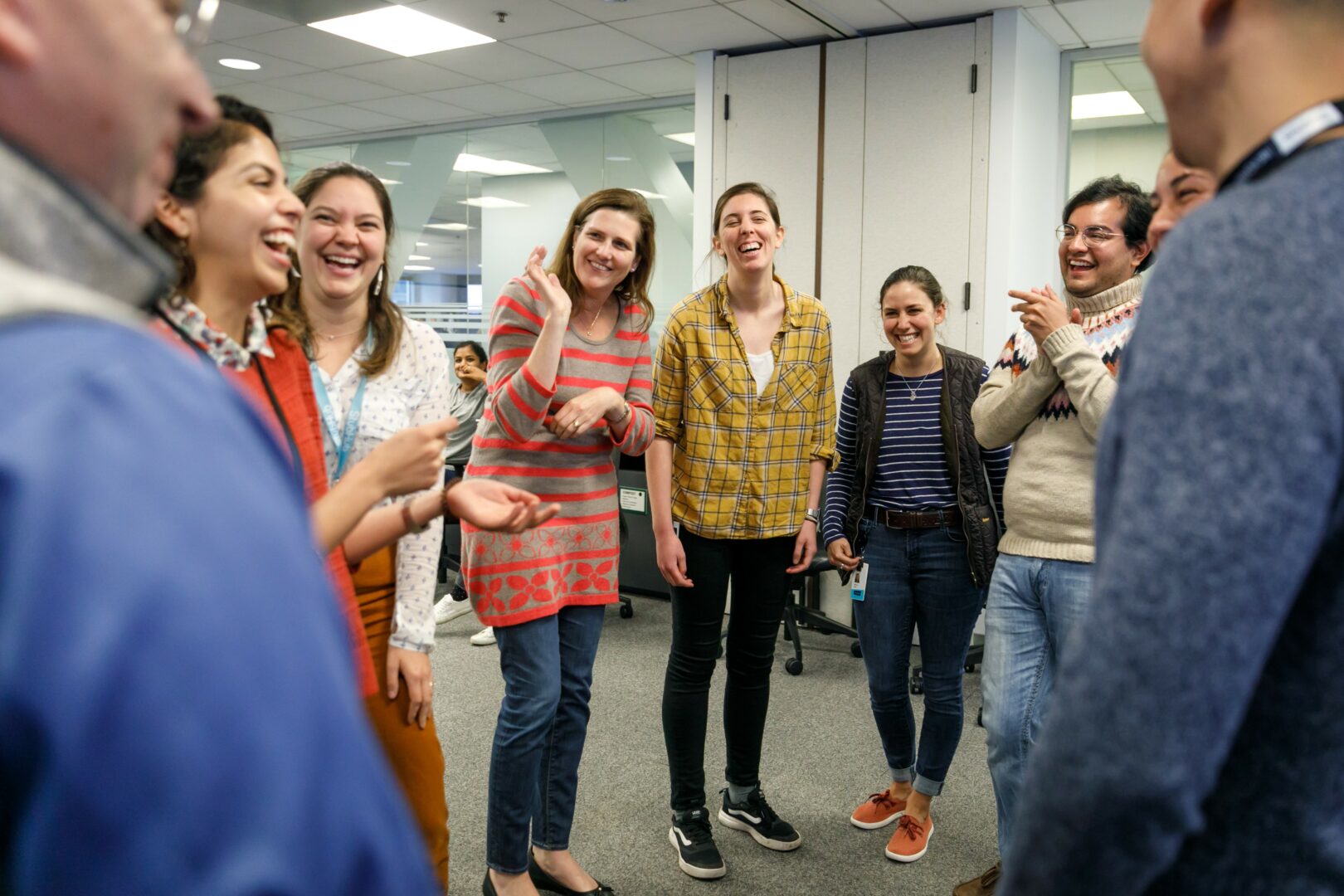
Great, so let’s take a few minutes and cover your story. What should folks know about you and what you do?
In today’s world, strength alone doesn’t guarantee survival or success—flexibility does. That’s why the core of our work is teaching organizations and individuals how to be resilient and adaptable in the face of change.
Our consultancy focuses on helping businesses, leaders, and teams thrive in uncertain and ever-changing environments. We offer a range of services, from leadership development to change management and team-building workshops, all centered around the idea of embracing flexibility. What excites me the most about our work is the tangible transformation we see in our clients. They come to us facing challenges—whether that’s navigating organizational change, leadership transitions, or market shifts—and leave with a toolkit that helps them not just survive but grow stronger.
The beauty of what we do is that it’s not one-size-fits-all. Just like the reeds in the fable, we recognize that adaptability looks different for each person and organization. We take pride in designing tailored programs that meet the unique needs of our clients, empowering them to face uncertainty with confidence.
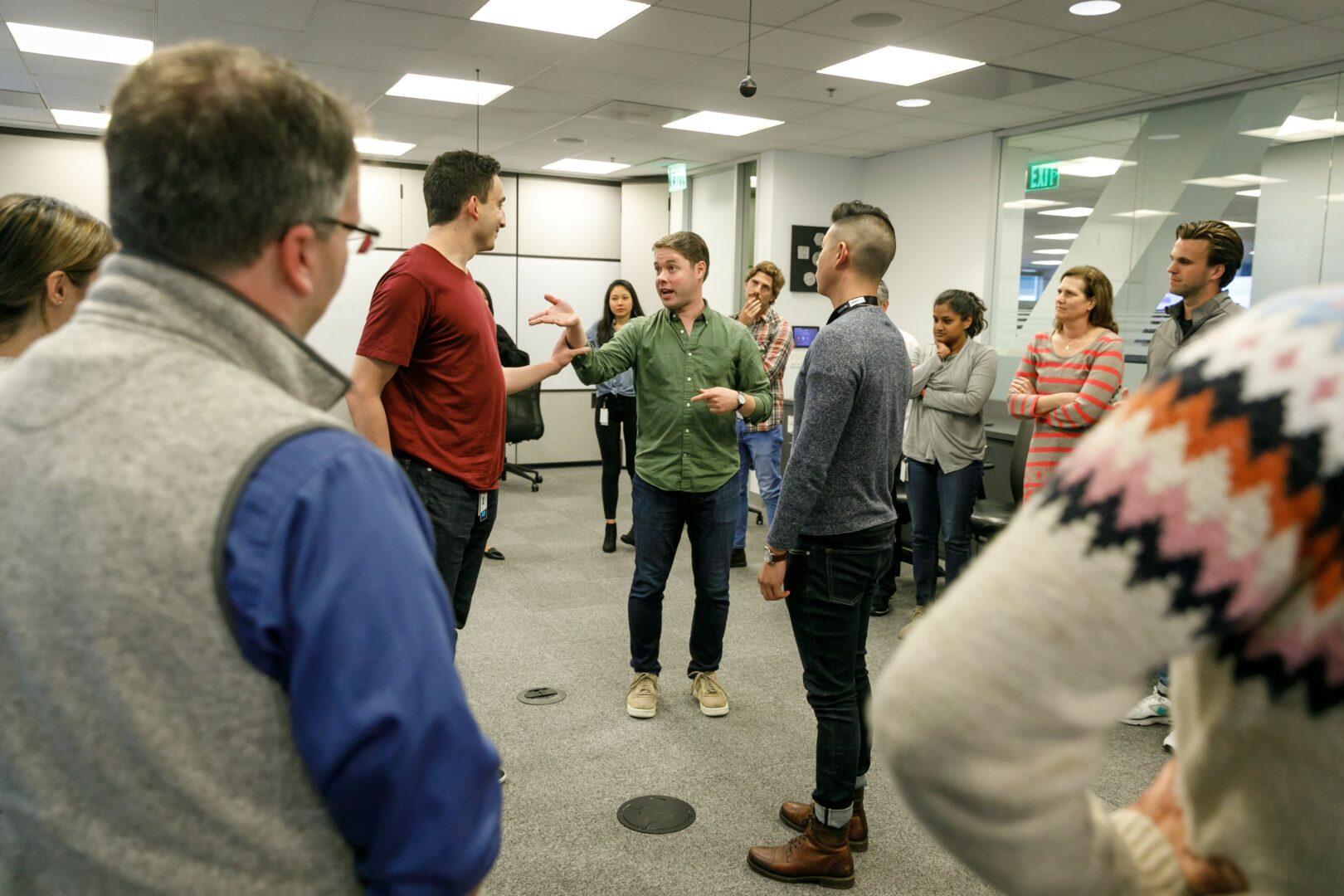
If you had to pick three qualities that are most important to develop, which three would you say matter most?
Looking back, three qualities have been absolutely instrumental in my journey: resilience, empathy, and a growth mindset. Each of these played a pivotal role in building the foundation of our consultancy and guiding us through both challenges and successes.
Resilience: As the story of The Oak and the Reeds illustrates, resilience isn’t about standing tall against every storm—it’s about being able to bend, adapt, and recover. In my journey, resilience meant embracing uncertainty, learning from setbacks, and being comfortable with the discomfort of change. In the early stages of building the business, things didn’t always go as planned. Market needs shifted, a global pandemic pushed us to move the entire business to remote, etc. The ability to stay grounded, learn from those experiences, and pivot quickly was essential.
Advice: For anyone starting out, building resilience starts with mindset. Embrace failure as a learning opportunity, not a defining moment. Surround yourself with people who support and challenge you, and develop habits that help you bounce back, whether that’s through mindfulness, journaling, or connecting with a mentor.
Empathy: In business, especially in a people-centered field like learning and development, empathy has been crucial. Understanding my clients’ pain points, truly listening to their concerns, and being able to step into their shoes allowed us to create solutions that were both effective and meaningful. Empathy also played a key role internally, in leading our team and building a strong company culture.
Advice: To develop empathy, focus on listening deeply. Whether you’re in a leadership role or just starting out, take the time to listen to what people are saying—and not saying. Ask questions and be genuinely curious about the perspectives of others. Read widely, not just in your field but in areas that expose you to different experiences and worldviews. The more you practice understanding others, the better you’ll be at connecting with them on a human level.
Growth Mindset: This has been a guiding principle in how I approach both business and personal development. A growth mindset is about believing that abilities and intelligence can be developed through dedication and hard work. When faced with challenges, I’ve learned to ask, “What can I learn from this?” rather than seeing it as a failure. This openness to learning and improvement has helped our consultancy stay ahead of trends, innovate, and stay relevant.
Advice: Cultivate a growth mindset by viewing every experience, good or bad, as an opportunity to grow. Challenge yourself to learn new skills or deepen your knowledge in areas outside of your immediate expertise. Surround yourself with people who encourage you to push your boundaries. Most importantly, don’t be afraid to take risks—you’ll never know how far you can go unless you step outside your comfort zone.
For those early in their journey, my advice is to focus on building these qualities over time. Start small—find ways to stay resilient during difficult projects, practice empathy in your daily interactions, and nurture a mindset of continuous learning. These traits won’t just help you survive; they’ll help you thrive as you move forward in your personal and professional growth.
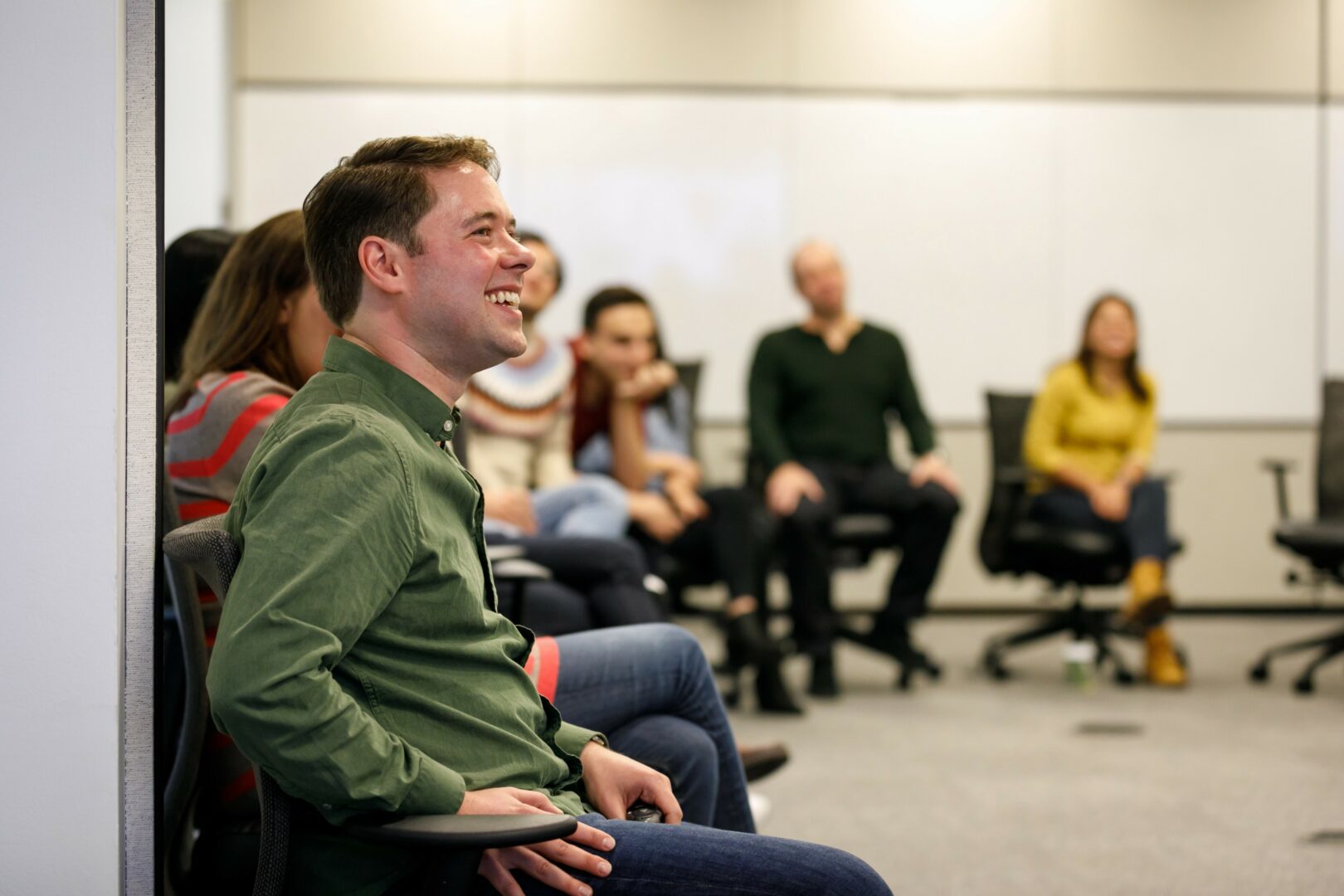
As we end our chat, is there a book you can leave people with that’s been meaningful to you and your development?
One book that’s had a big impact on my journey is Everything’s an Offer by Robert Poynton. The first time I read it, something clicked. It introduced me to “Yes, and” thinking in a way that went beyond improv—it was about how we respond to life and leadership.
The idea that everything around us is an offer, that the information we need is right in front of us if we choose to see it, really stuck with me. As an entrepreneur and facilitator, this mindset has helped me stay present, adaptable, and open to new opportunities.
It reminds me that leadership isn’t about controlling everything; it’s about noticing, listening, and making use of what’s already there.
Contact Info:
- Website: https://www.oakandreeds.com
- Instagram: https://instagram.com/oakandreeds
- Facebook: https://www.facebook.com/OakandReeds/
- Linkedin: https://www.linkedin.com/in/davekcollins/
- Twitter: https://x.com/oakandreeds
- Youtube: https://www.youtube.com/@Oakandreeds
- Other: Tiktok: http://www.tiktok.com/@oakandreeds
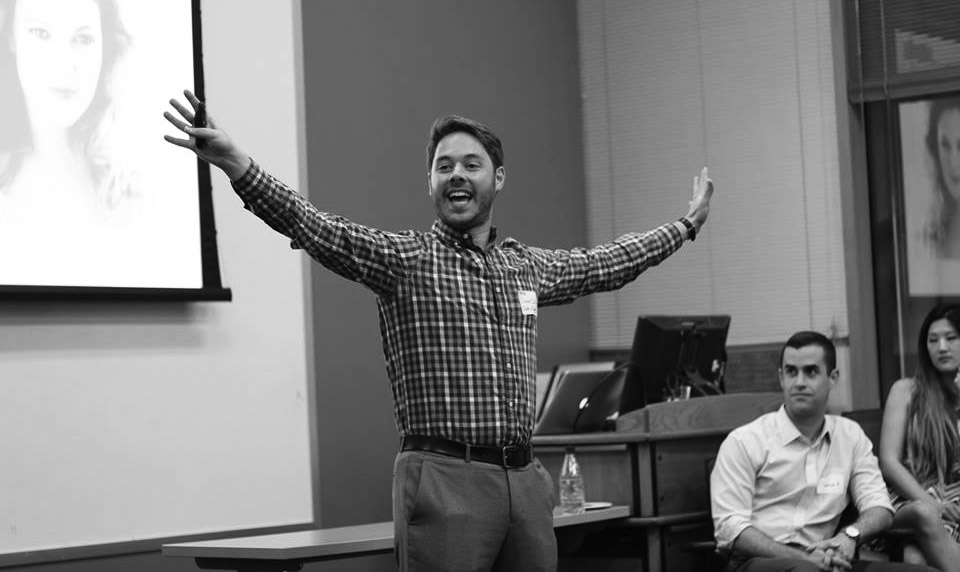
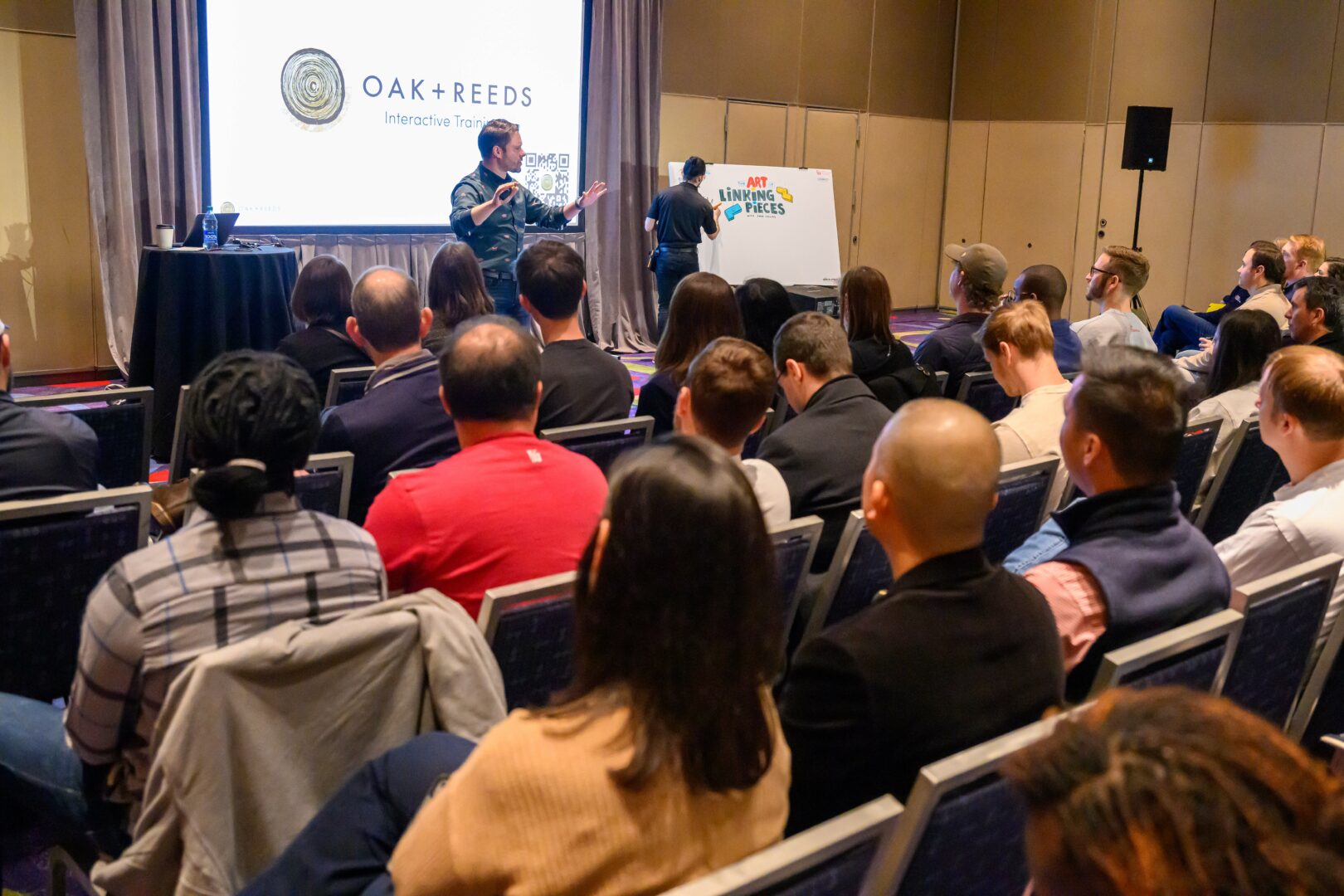
so if you or someone you know deserves recognition please let us know here.

